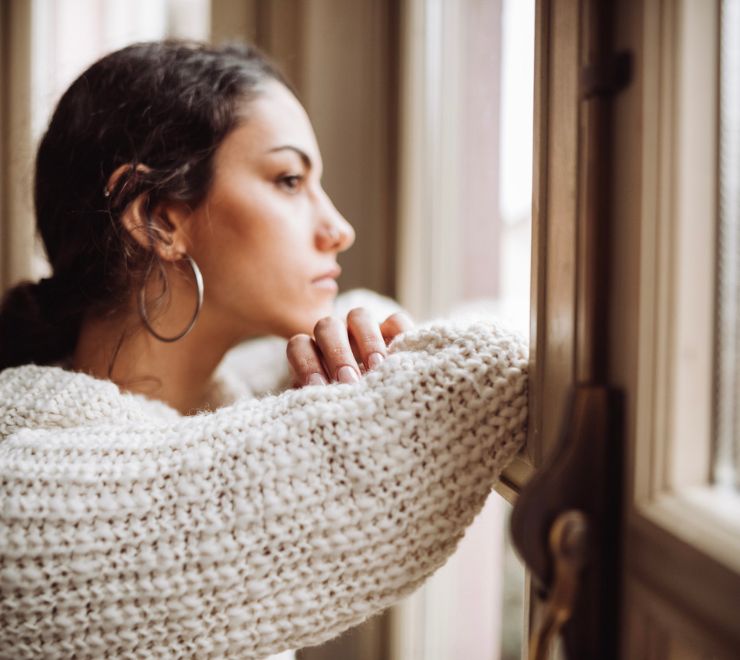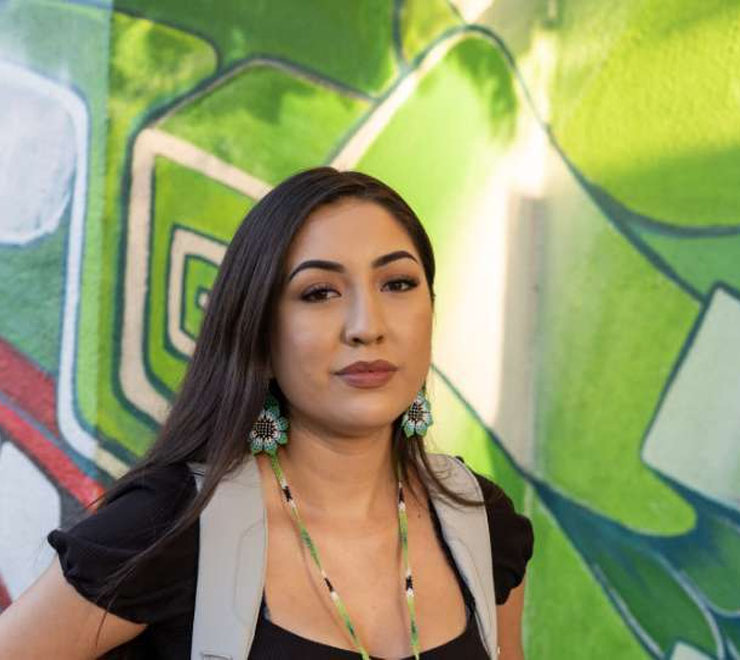Grieving is a process people often go through after they’ve lost someone / something important in their lives. Grieving a loss can be a difficult experience. When you’re grieving, you may have emotional, physical, mental and / or spiritual responses. And there’s no one way to grieve — everyone works through it differently. Being aware of your thoughts, feelings and reactions after a loss can help you support yourself and heal in ways that work for you.
What are some common types of loss?
Although everyone’s definition of loss is unique, some common examples that may bring on feelings of grief include:
- a break up
- a change in religion / spirituality
- a divorce
- a life-altering change in mental / physical health (e.g. the diagnosis of a chronic illness, etc.)
- a move from a familiar place to a new place
- the death of someone / something (like a loved one or a pet)
- the end of a friendship
Note: Experiencing one of these things doesn’t automatically mean that a person will have feelings of grief related to them. Every person is affected differently by events in their life.
What are some common responses to loss?
People often need time to adjust and process when grieving a loss. It’s hard to know what your experience will be like, and how long you may grieve for. It may be reassuring to know that everyone responds to loss differently, and that grief can come with any mix of emotions and reactions. Some common responses to grieving a loss include:
- a choking sensation / feeling like you can’t breathe
- a feeling of tension (like tightness in your chest) / inability to relax
- anger
- anxiety
- confusion / disorganization / forgetfulness
- feeling overwhelmed
- guilt
- headaches
- hopelessness
- insomnia / fatigue
- loneliness
- nausea / feeling sick to your stomach
- questioning your religion / spirituality
- relief
- sadness / the urge to cry
- shock / numbness
- thoughts about death / dying and concern for the safety of others
What are some resources I can use (on my own or with a safe adult) when I’m experiencing grief?
How can I cope with grieving a loss?
Grief can be a complex experience that changes with time. Seeking supports and ways to heal may help you process. Try to be patient with and kind to yourself — it can take time to start to feel better. These ideas can help support you as you navigate grief:
- ask Elders / folks in your community to reflect with you in a healing circle (a gathering of people that’s especially important in some Indigenous cultures) to share memories / experiences, talk about feelings, pray, etc.
- attend a formal gathering if possible, like a funeral / memorial, to honour the loss
- build a memory box, collage or photo album of items that remind you of positive memories
- connect with a safe adult (e.g. a counsellor, doctor, therapist, etc.) for support if you need it
- practise a self-care routine
- reach out to friends / family
- spend time in nature or sit in quiet reflection
- try prayer, meditation or another spiritual / religious ritual that makes sense for you
- write a letter to / about a person you’ve lost (you can read it from time to time if it feels helpful)
- write a poem or practise journaling to explore and reflect on your feelings
Grieving a loss can be a difficult experience for anyone to go through. You can find ways to reflect, support yourself and heal during this time. And you don’t have to do it on your own — Kids Help Phone is always here for you if you’d like to talk about grief, loss or anything else on your mind.












